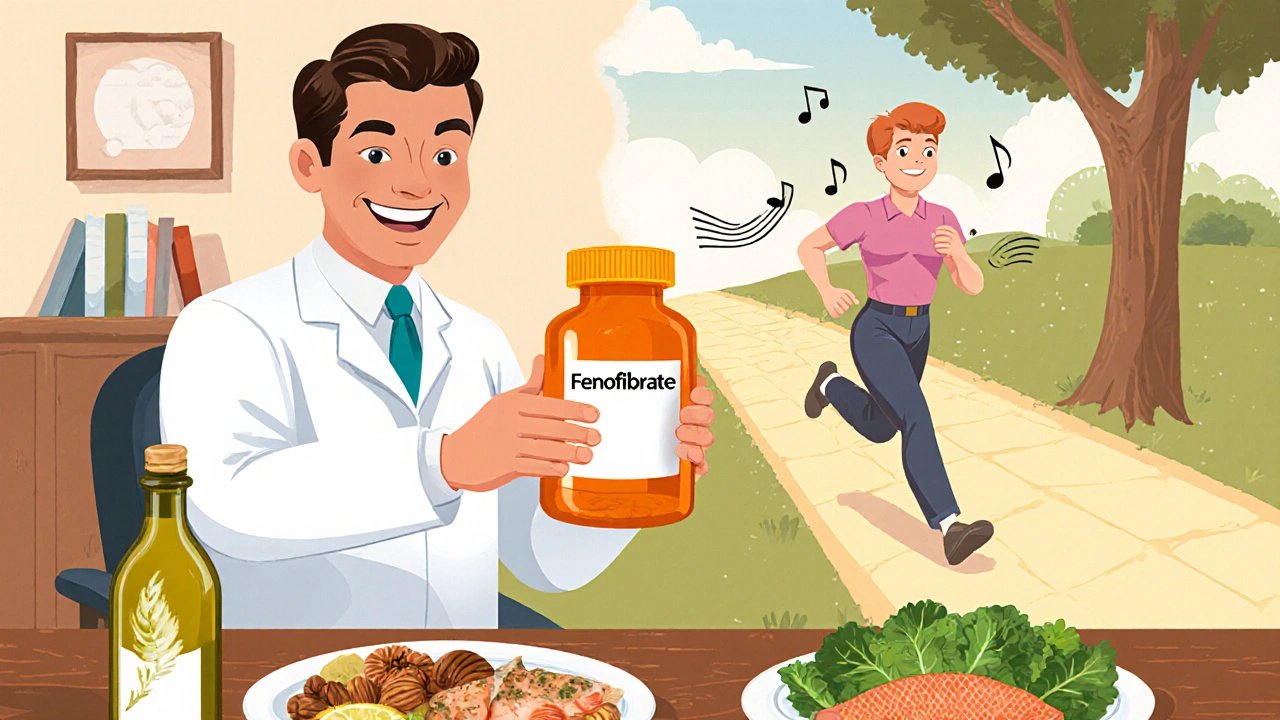Diet Tips, Supplements and Safe Use Guides
Looking to improve your eating habits without getting lost in jargon? You’re in the right place. Here we break down simple diet ideas, highlight popular supplements, and show how what you eat can affect the medicines you take. All the info is straight‑forward, backed by current research, and ready for you to apply today.
Best Supplements for Everyday Health
Supplements can fill gaps in your diet, but not every product lives up to the hype. Below are a few that have solid evidence and clear usage tips:
- Calcium D‑Glucarate – Helps the liver process hormones and toxins. A typical dose is 500 mg once or twice daily with food. People with kidney issues should check a doctor first.
- Guava Extract – Packed with vitamin C and antioxidants. One capsule (around 300 mg) a day can boost immune health without any major side effects.
- Avocado Supplements – Provide healthy fats and lutein. Look for a product that lists pure avocado pulp powder. Two capsules a day work for most adults.
- Thunder God Vine (Celastrol) – Marketed for metabolism support. The research warns about liver stress, so stick to low‑dose powders (under 100 µg) and never combine with other strong herbs.
Always buy from a reputable, GPhC‑registered pharmacy or a trusted online source. Check for a valid license number, read user reviews, and avoid sites that push “miracle” claims.
Linking Diet to Medications
The foods you choose can change how medicines work. Here are three common interactions to watch:
- Calcium‑rich foods and antibiotics – Calcium can bind to drugs like tetracycline, reducing absorption. Take the antibiotic at least two hours before or after a dairy meal.
- High‑fat meals and antidepressants – Fat can slow the uptake of drugs like escitalopram (Lexapro). If you notice delayed effects, try the pill with a light snack instead of a big dinner.
- Grapefruit and heartburn meds – Grapefruit blocks enzymes that break down medications such as ranitidine alternatives. Skip grapefruit while on these drugs.
When you start a new supplement or change your diet, jot down the timing and any side effects. Bring the notes to your pharmacist or doctor – they can spot problems before they become serious.
Quick cheat sheet: take meds with water, keep a 30‑minute gap from high‑calcium foods, and avoid grapefruit unless your doctor says it’s safe. Simple habits like these keep your treatment effective and your gut happy.
Remember, no supplement can replace a balanced plate. Aim for colorful vegetables, lean proteins, whole grains, and enough water each day. Pair that with the right supplements, and you’ll give your body a solid foundation for both health and medication success.
Got a specific question about a supplement or how a certain food might interact with your prescription? Use the search bar on opdp.org to find detailed drug pages, dosage guides, and safety tips written for everyday people just like you.
Diet and Exercise to Boost Fenofibrate Effectiveness
Learn how diet and exercise can boost fenofibrate's impact on triglycerides and HDL, with practical meal plans, workout tips, safety advice, and FAQs.
- 13
- Read More
Diet and Nutrition Tips for Managing Lupus: Systemic and Discoid Forms
Explore how diet and nutrition choices can really help manage the symptoms of both discoid and systemic lupus. Get practical tips grounded in real experience.
- 14
- Read More

